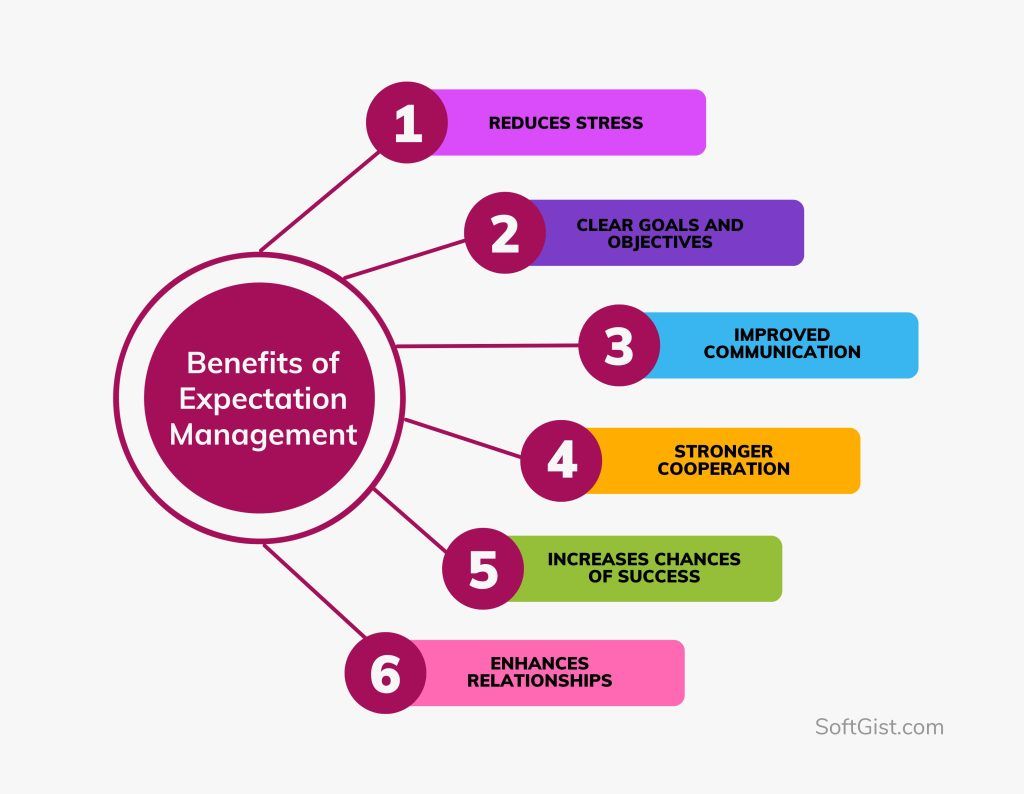
Understanding Expectations in New Relationships
The Concept of Expectations
In any new relationship, individuals bring their own set of expectations, often shaped by past experiences, culture, and personal desires. These expectations can range from communication styles to how love is expressed. For example, one partner might value daily check-ins, while another may see them as unnecessary. Clarifying these expectations early can pave the way for a healthier connection.
Challenges of Unmet Expectations
When expectations are unmet, it can lead to disappointment, resentment, and conflict. Here are some common challenges:
- Miscommunication: Not expressing needs clearly can create misunderstandings.
- Assumptions: Believing a partner should “just know” what one wants often leads to frustration.
- Emotional Distance: When expectations aren’t met, partners may begin to feel disconnected.
Navigating these challenges together is essential for a lasting and fulfilling relationship.

Communicating Expectations Effectively
Importance of Communication in Relationships
Effective communication forms the backbone of any relationship. Without it, partners may struggle to understand each other’s needs and desires. Consider a couple where one partner loves spontaneous adventures while the other prefers planning. Open dialogue about these preferences can help blend spontaneity with structure, fostering a deeper connection.
Setting Realistic Expectations
Setting realistic expectations is crucial for avoiding disappointment. Here are some tips for doing so:
- Be Honest: Share your true feelings and what you seek in the relationship.
- Listen Actively: Pay attention to your partner’s responses and adjust your expectations accordingly.
- Stay Flexible: Be open to changing your expectations as the relationship develops.
By setting achievable goals together, partners can cultivate a sense of understanding and support.
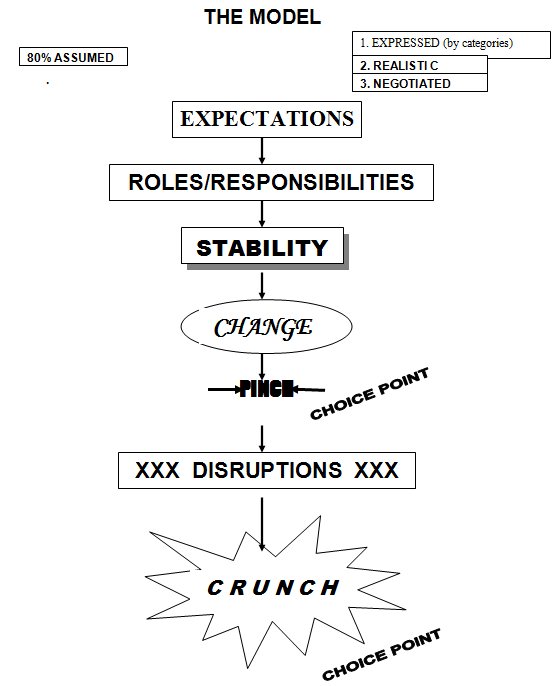
Managing Unmet Expectations
Addressing Discrepancies Early On
When expectations aren’t met, addressing discrepancies early can prevent resentment from festering. For instance, if one partner feels neglected due to a busy schedule, having an open discussion about it can clarify feelings. Ignoring these issues may lead to bigger conflicts later.
The Role of Compromise
Compromise is vital in managing unmet expectations. Consider the following:
- Identify Common Ground: Find what both partners are willing to adjust.
- Be Open to Solutions: Explore alternatives that satisfy both sides.
- Practice Patience: Understand that finding middle ground may take time.
Navigating these discussions fosters a collaborative spirit, strengthening the relationship.
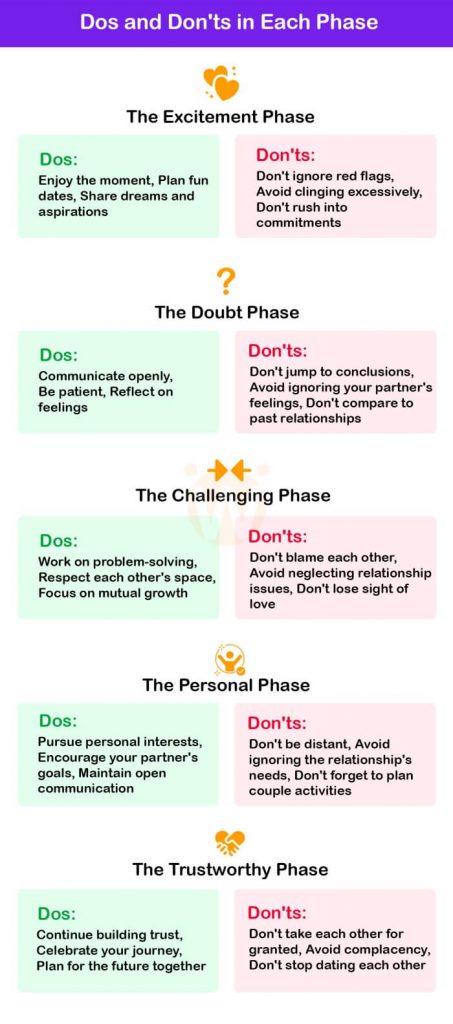
Nurturing and Growing the Relationship
Building Trust and Understanding
Trust is the cornerstone of any relationship, fostering a safe environment for both partners to express themselves. Engaging in honest conversations about feelings and vulnerabilities can significantly enhance trust. For example, sharing past experiences can deepen understanding and empathy.
Adjusting Expectations as the Relationship Evolves
As relationships grow, so do expectations. It’s vital to regularly evaluate and adjust these expectations. Consider these tips:
- Reflect Together: Have periodic check-ins to discuss how your needs may have changed.
- Stay Flexible: Embrace the changes life brings; adjust your expectations accordingly.
- Celebrate Growth: Acknowledge the progress made together, reinforcing commitment.
By nurturing trust and evolving expectations, couples can foster a deeper and more resilient bond.
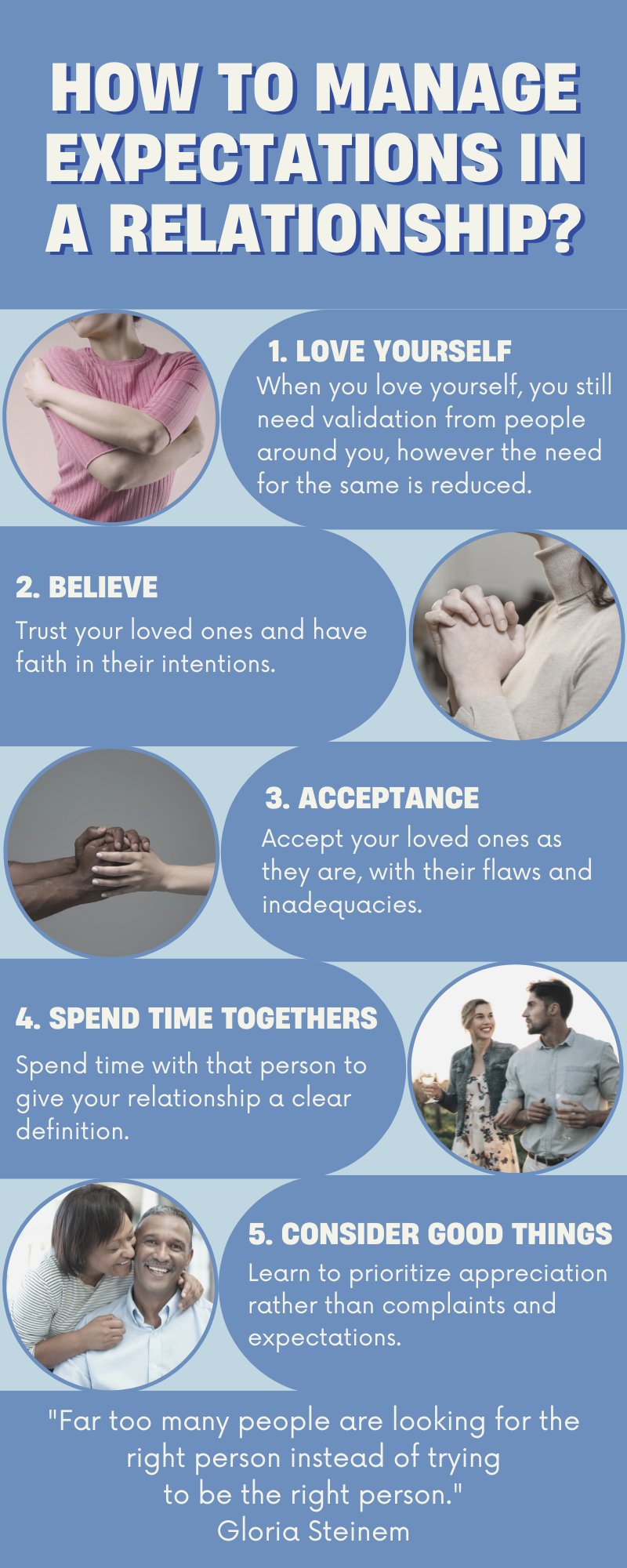
Handling Disappointments and Conflict Resolution
Dealing with Disappointment Constructively
Disappointments are inevitable in relationships, but how couples respond can make a difference. Instead of sulking, focus on constructive approaches. For instance, one partner might feel let down after a missed date night. Rather than lashing out, expressing feelings calmly can lead to understanding.
Resolving Conflicts Related to Expectations
When conflicts arise from unmet expectations, clear communication is key. Here are effective strategies:
- Stay Calm: Approach discussions with a calm mindset to prevent escalation.
- Use “I” Statements: Express feelings without blaming, such as “I felt hurt when…”
- Seek Solutions Together: Collaboratively brainstorm ways to prevent similar issues in the future.
By addressing disappointments positively and resolving conflicts together, couples can strengthen their bond and build resilience.

Seeking Professional Help and Support
Counseling and Therapy Options
Sometimes, couples may benefit from professional guidance to navigate their challenges. Counseling or therapy can provide a safe space for expressing feelings and addressing core issues. Many couples have found that talking through their problems with a neutral party can lead to breakthroughs, like understanding underlying patterns in their relationship.
Seeking Guidance from Relationship Experts
In addition to therapy, seeking advice from relationship experts, like coaches or authors, can also be valuable. Consider these options:
- Workshops: Participate in relationship-building workshops for practical skills.
- Books and Podcasts: Explore resources from renowned experts that offer new perspectives.
- Online Support Groups: Join discussions with others facing similar issues for shared experiences.
By engaging with professionals, couples can gain insights and tools to foster healthier relationships.
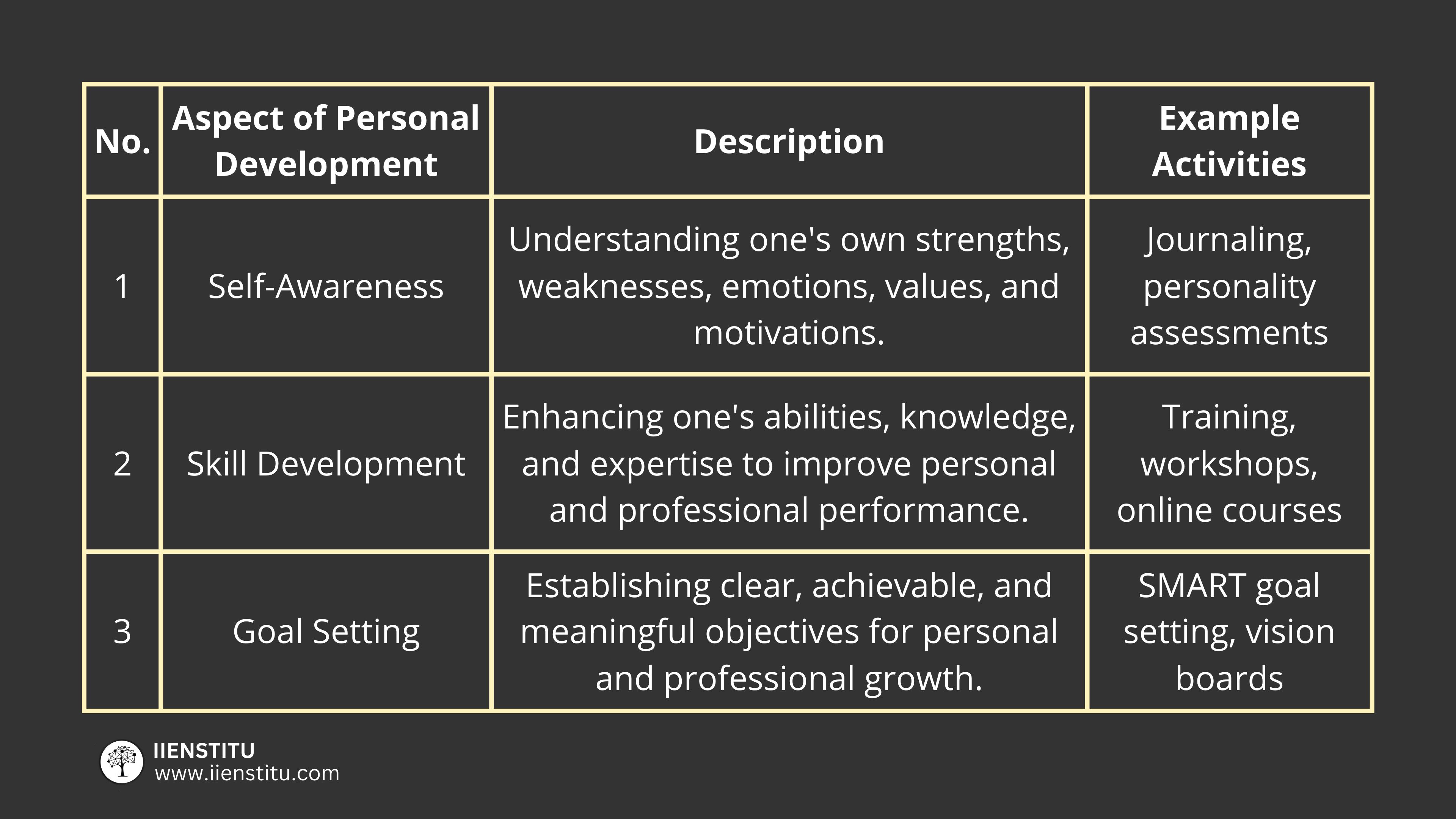
Self-Reflection and Personal Growth
Understanding Personal Expectations
Self-reflection is essential in understanding personal expectations. Each individual brings unique desires and needs to a relationship, influenced by past experiences. For example, someone who has always valued independence may struggle with feeling smothered in a new relationship. Taking time to identify these expectations allows for better communication and understanding.
Embracing Change in Relationship Dynamics
Relationships evolve, and embracing this change can foster growth. Here are ways to adapt:
- Recognize Growth Stages: Understand that each phase—dating, commitment, and beyond—may require different expectations.
- Communicate Changes: Keep open lines of communication as feelings and expectations shift.
- Practice Flexibility: Allow room for both partners to adjust naturally to new circumstances.
By engaging in self-reflection and embracing change, individuals can contribute positively to the relationship’s journey.
